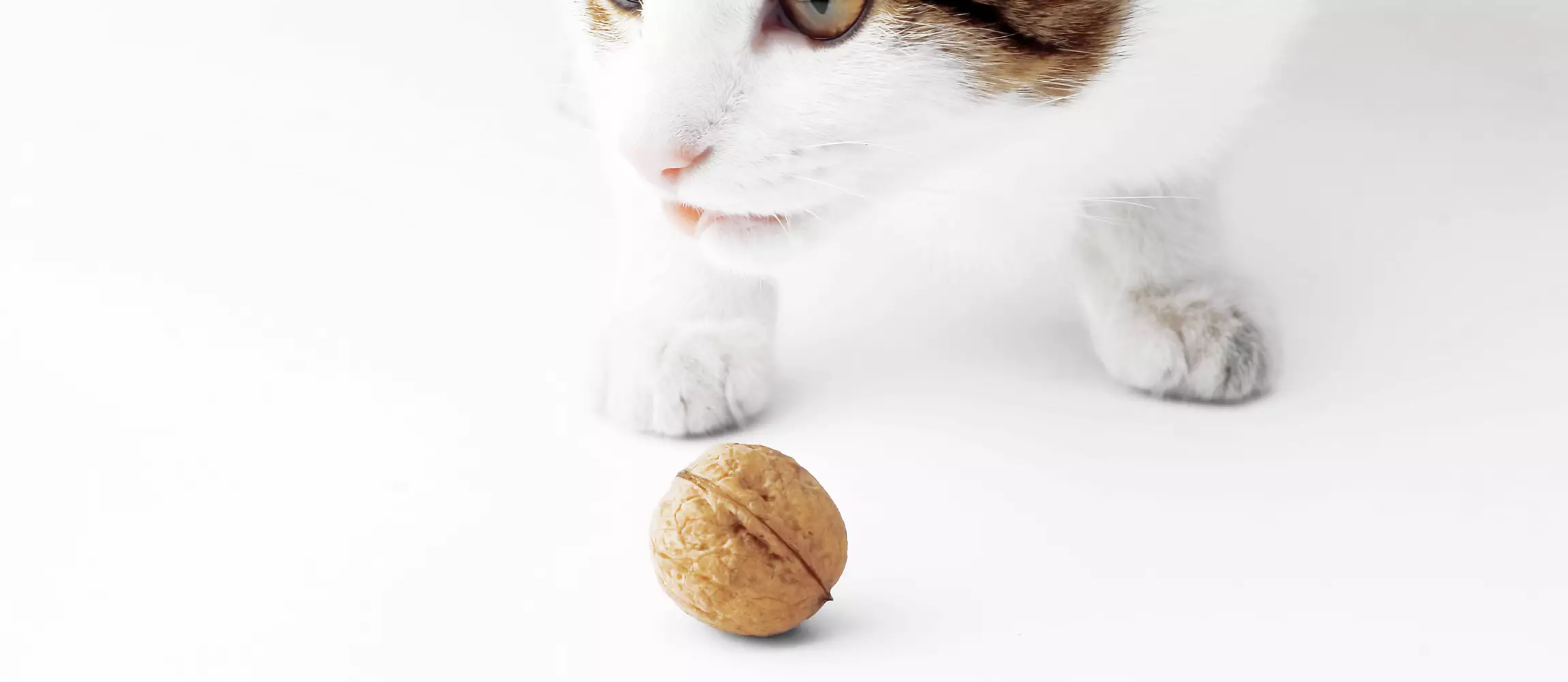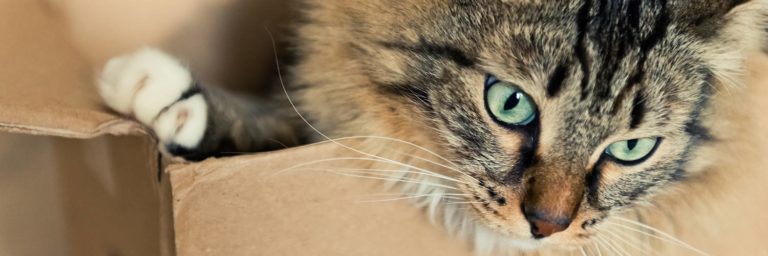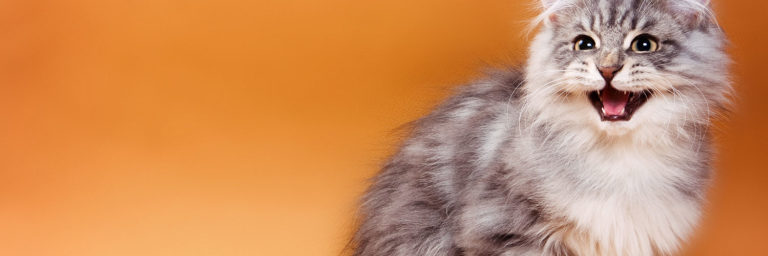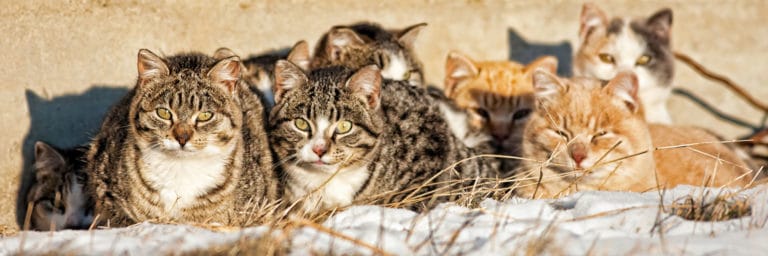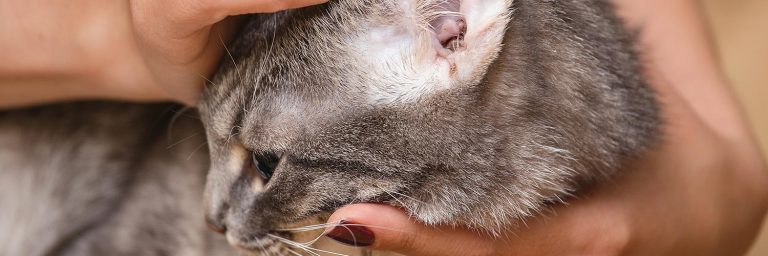Can Cats Eat Walnuts?
Contents of Article
Cats are curious creatures, and they often like to nibble on things they’re not supposed to…including walnuts. But when your cat does happen to munch on a walnut it’s good to know if walnuts are bad to eat .
So, can cats eat walnuts?
The simple answer is no.
Walnuts are a common ingredient in lotions and cosmetics, and they contain a substance called Juglone. This can be toxic to cats, causing vomiting, diarrhea, and other symptoms. In severe cases, it can even lead to death. If your cat has eaten a walnut, or you suspect they may have ingested Juglone in some other way, it’s important to seek veterinary attention immediately.
Cats are obligate carnivores, which means that their bodies are designed to digest and process animal-based proteins. However, this doesn’t mean that cats can’t eat other things from time to time. Many cats enjoy nibbling on grass, for example, and some will even chew on non-food items like plastic or wool.
While a few nibbles on a walnut probably won’t hurt your cat, it’s best to avoid giving them nuts as a snack. Nuts are high in fat and calories, which can lead to weight gain, and they also contain compounds that can be toxic to cats, as discussed before. If you’re looking for a safe and healthy treat for your feline friend, stick to cat-safe options like chicken.
Cats are typically known for being finicky eaters, but that doesn’t mean that they can’t enjoy a variety of foods. In fact, cats are able to eat a wide range of fruits and vegetables.
While some fruits, like grapes and raisins, can be toxic to cats, others, like watermelon and cantaloupe, make for a healthy and refreshing snack. As for vegetables, cats usually enjoy crunchy ones, such as carrots and celery. However, there are a few vegetables that cats should avoid, such as onions and garlic.
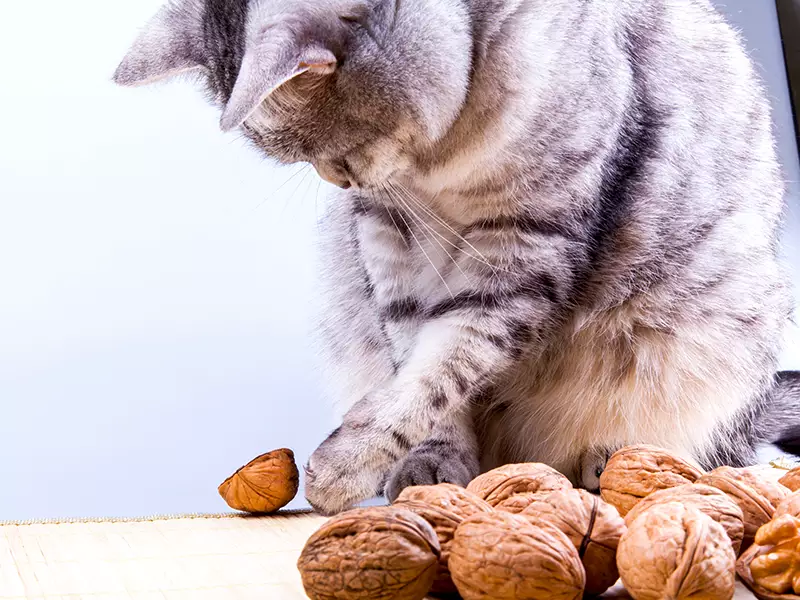
What can happen if my cat eats a walnut?
If a cat eats a walnut, they may experience a range of symptoms including vomiting, diarrhea, and abdominal pain. In severe cases, walnut toxicity can lead to liver damage, seizures, and even death.
Cats may also experience lethargy, and lack of appetite. In some cases, cats may develop an allergic reaction that can lead to difficulty breathing and swelling of the face and neck. If you suspect that your cat has eaten a walnut, it is important to contact your veterinarian immediately. Walnuts can be toxic to cats, and prompt treatment may be necessary to prevent serious health complications.
Is the salt on walnuts bad too?
In small amounts, salt is not likely to cause harm to your cat, but it’s best to avoid giving them salty foods altogether.
While cats are known for their love of salt, that doesn’t mean that it’s good for them. In fact, cats should avoid salt as much as possible. Salt can cause dehydration and electrolyte imbalance in cats, and can even lead to gastrointestinal problems. Dehydration can lead to lethargy, sunken eyes, or dry mouth in cats so watch for these symptoms if you’re worried your cat ingested too much salt.
If you suspect your cat has consumed too much salt, watch for signs of dehydration such as lethargy, sunken eyes, or dry mouth. If you see any of these symptoms, take your cat to the vet immediately. In the meantime, keep salty foods and objects out of reach to prevent further exposure.
What about chocolate covered walnuts?
We’ve already covered that walnuts aren’t a great idea for your cat so it goes to reason that even if chocolate were good for your cat you should still stay away from this snack.
Cats should not eat chocolate; making chocolate covered walnuts a real no-no.
Chocolate contains a substance called theobromine, which is poisonous to cats. Theobromine can cause vomiting, diarrhea, and even death in cats. While a small amount of chocolate may not be lethal, it can still make your cat very sick. Cats are attracted to the sweetness of chocolate, so it is important to keep it out of reach.
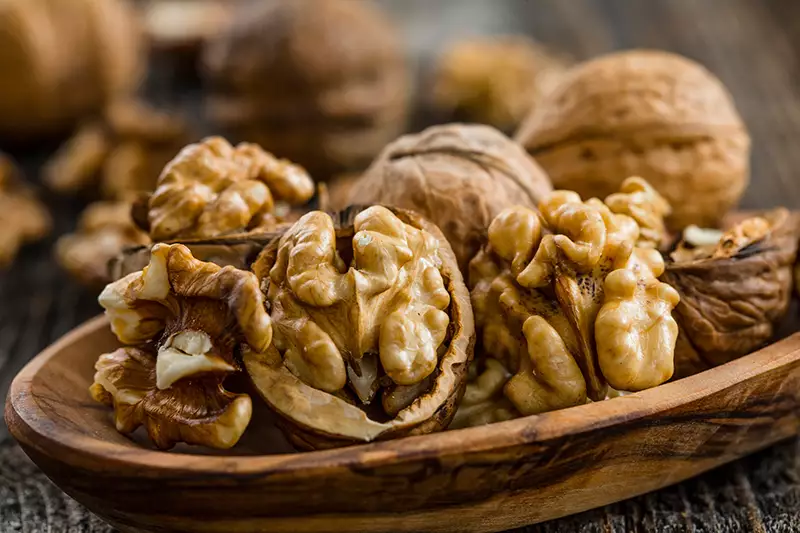
To Be Clear
Avoid letting your cat eat walnuts; with or without chocolate and salt. Though, none of these foods are particularly dangerous in small amounts there are much better (and safer) options that your cat will probably enjoy just as much.

